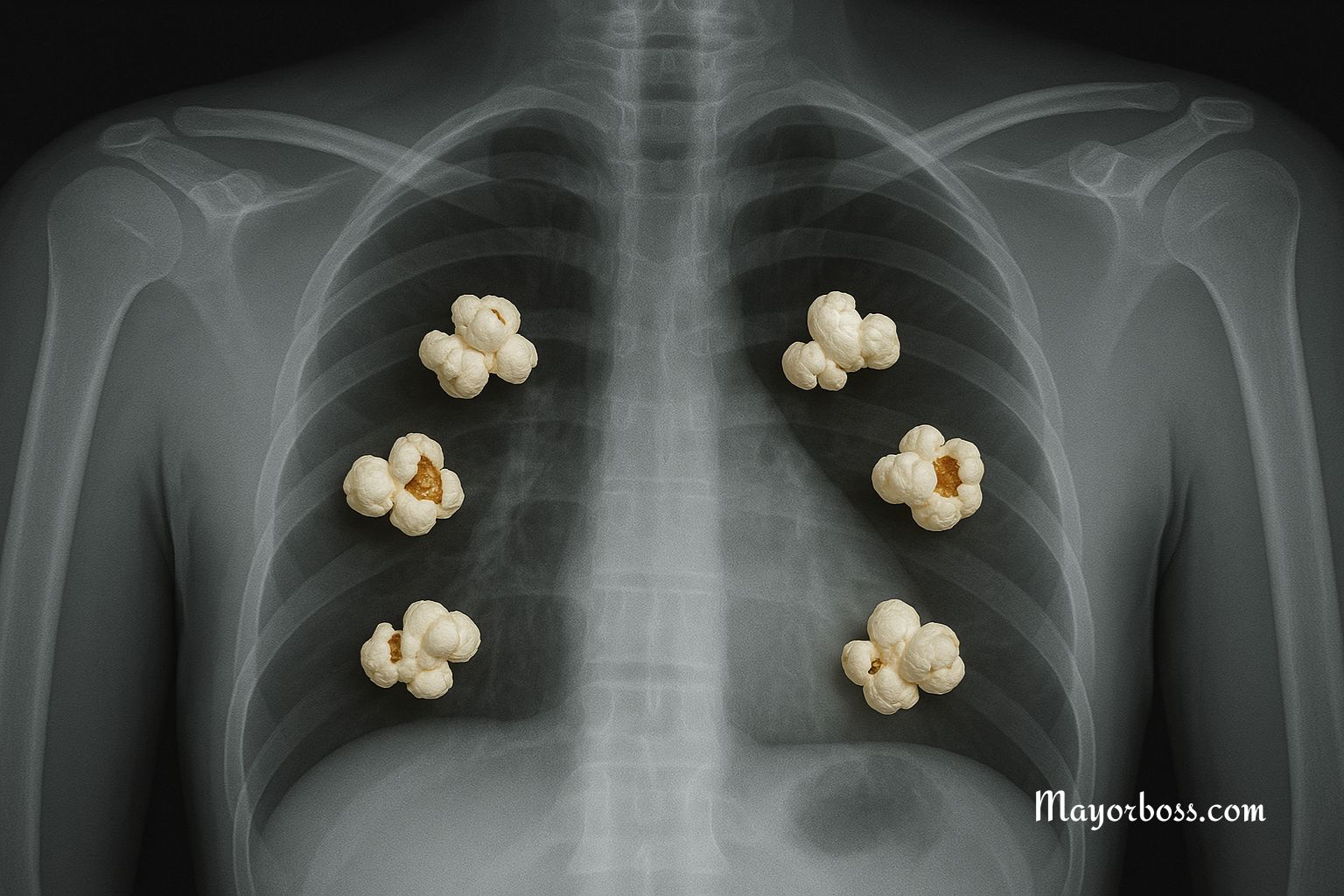C-Reactive Protein (CRP) Test
What is a CRP Test?
When you’re feeling under the weather, your doctor might suggest a C-reactive protein (CRP) test. This blood test is a handy tool for checking for inflammation in your body. Inflammation is your body’s way of protecting itself when it’s hurt or sick. It can be caused by a variety of things like infections, injuries, or certain diseases.
The CRP test measures the level of C-reactive protein in your blood sample. This protein appears in higher amounts when there’s inflammation. It’s like a red flag that your body raises to say, “Hey, something’s not right here!”
Why Do You Need a CRP Test?
You might need a CRP test if you show symptoms that suggest inflammation. These can include:
- Fever
- Chills
- Pain in a specific area or throughout your body
- Redness or swelling on your skin
- Feeling unusually tired
It’s a common test if you have symptoms of an infection or a chronic inflammatory condition like rheumatoid arthritis or inflammatory bowel disease. Your doctor might also use it to check how well treatment for these conditions is working.
How is the Test Done?
Getting a CRP test is simple and quick. A healthcare professional will collect a small amount of blood sample from a vein in your arm. The process is similar to getting a routine blood test and usually takes just a few minutes.
Preparing for the Test
The great news is you don’t need to do any special preparations for a CRP test. You can eat and drink normally before the test.
Are There Any Risks?
Like any blood test, there are minimal risks. You might feel a little pinch when the needle goes in, and there might be some slight bruising or soreness afterward, but these are generally mild and short-lived.
What Do the Results Mean?
If your CRP levels are high, it indicates that there’s inflammation in your body. However, the test doesn’t pinpoint the exact location or cause of the inflammation. It’s like your body’s general alarm system – it tells your doctor that something needs further investigation but doesn’t specify what.
A low CRP level means there’s no significant inflammation. This can help rule out certain conditions and reassure you and your doctor.
Interpreting the Results
If your results show high CRP levels, your doctor might order more tests to find the root cause. It’s a bit like being a detective – the CRP test provides the initial clue, but more investigation is needed to solve the mystery.
In some cases, your doctor might track your CRP levels over time to see how well a treatment is working. For example, if you’re being treated for a condition known to cause inflammation, decreasing CRP levels can be a sign that the treatment is effective.

When to Talk to Your Doctor
If you have concerns about your health or symptoms you think might be related to inflammation, talk to your doctor. They can decide if a CRP test is right for you and help interpret the results in the context of your overall health.
Remember, the CRP test is a tool that helps guide your healthcare journey. It’s one piece of the puzzle that your doctor uses to ensure you get the best care possible.






